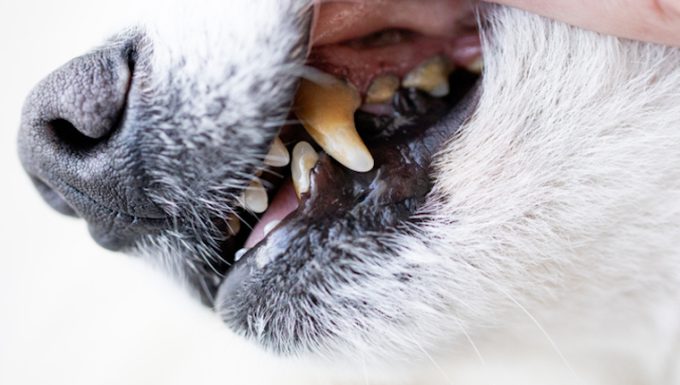Gingival hyperplasia in dogs is caused by the gums becoming inflamed and enlarged. The condition can result in periodontal disease.
Dogs with enlarged gums can be tempted to chew on them. Sometimes, a dog will chew through the tissue.
All dogs can develop the condition, but certain breeds including Great Danes, Boxers and Dalmations suffer from it…









